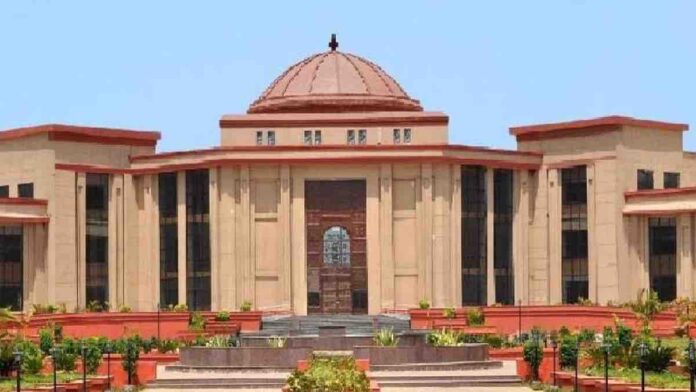The Chhattisgarh High Court has overturned the conviction of four accused in a high-profile murder case, emphasizing that “mere recovery of weapon from the appellants cannot become the basis of conviction when there is no established motive for commission of the offence.” The bench, comprising Chief Justice Ramesh Sinha and Justice Bibhu Datta Guru, acquitted
To Read More Please Subscribe to VIP Membership for Unlimited Access to All the Articles, Download Available Copies of Judgments/Order, Acess to Central/State Bare Acts, Advertisement Free Content, Access to More than 4000 Legal Drafts( Readymade Editable Formats of Suits, Petitions, Writs, Legal Notices, Divorce Petitions, 138 Notices, Bail Applications etc.) in Hindi and English.




